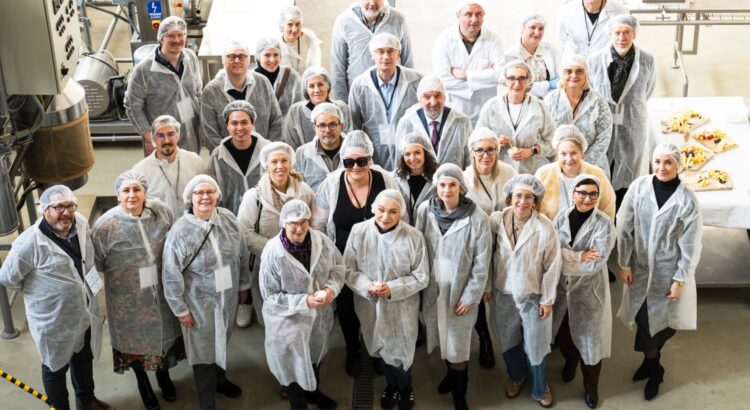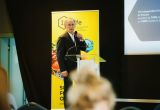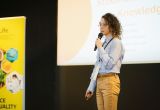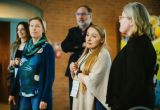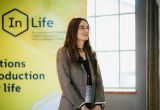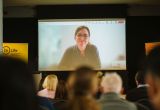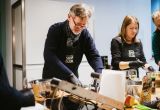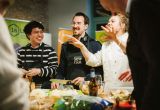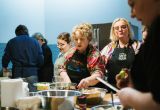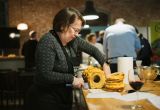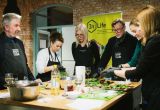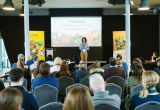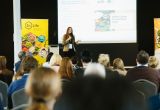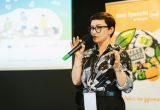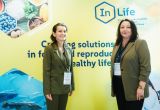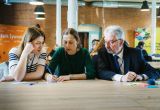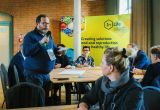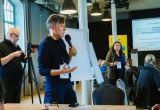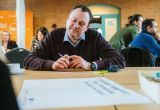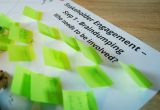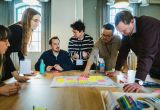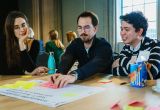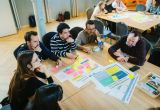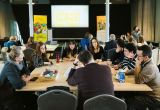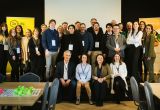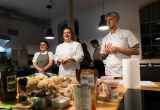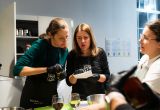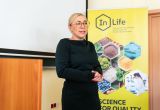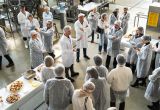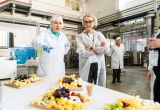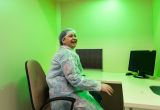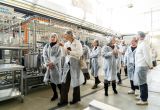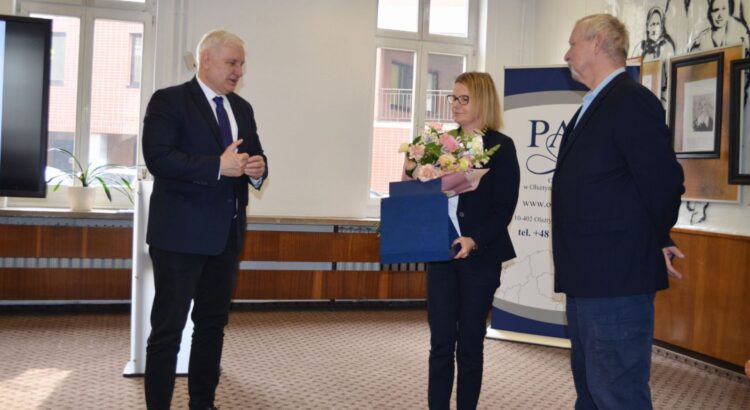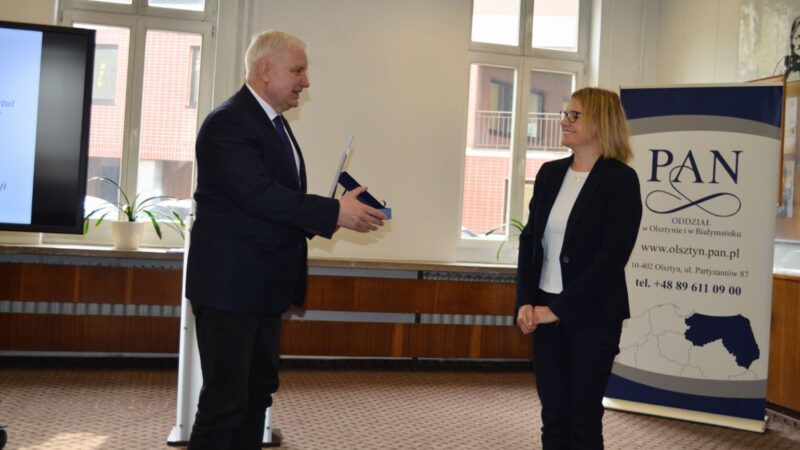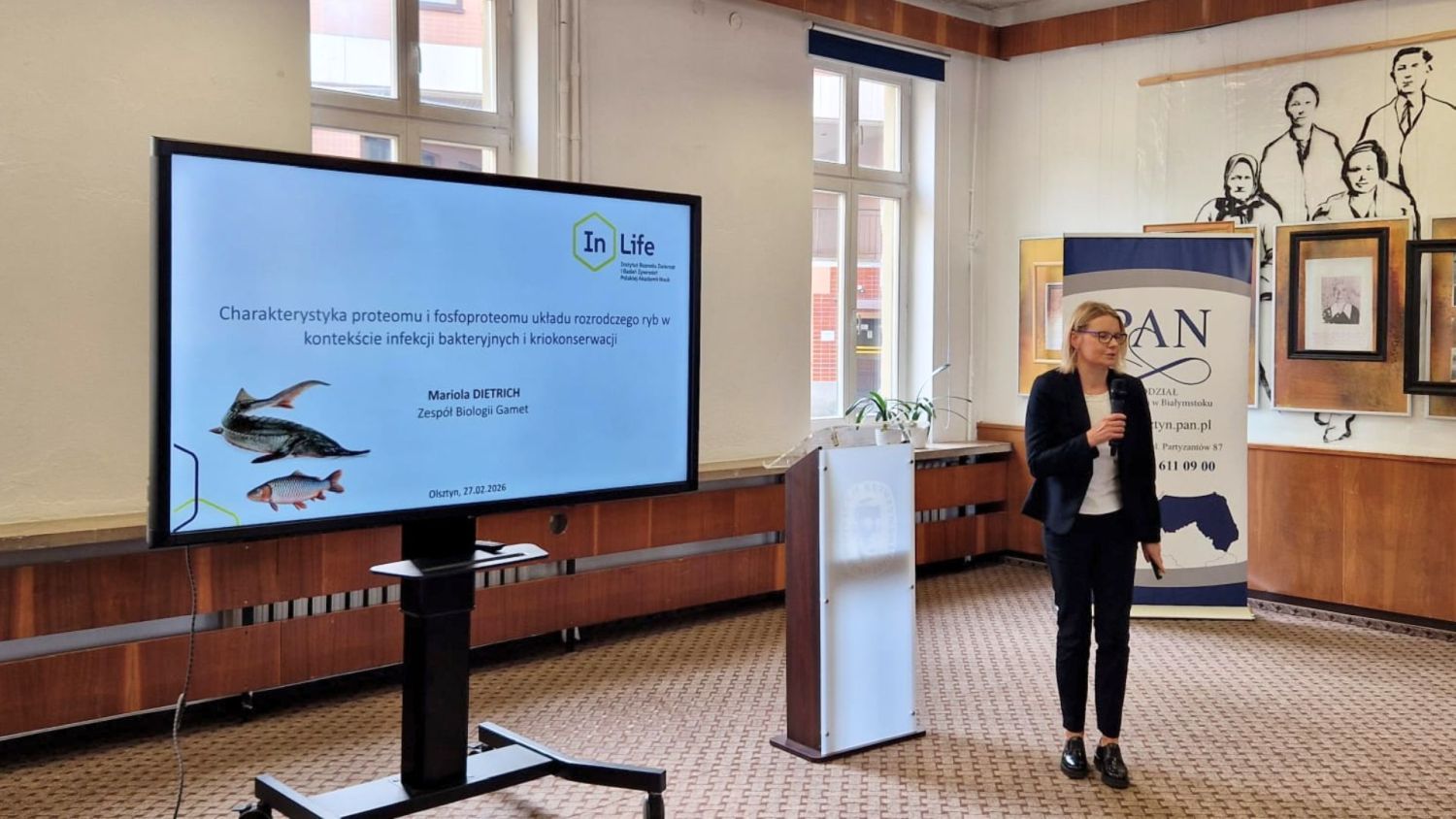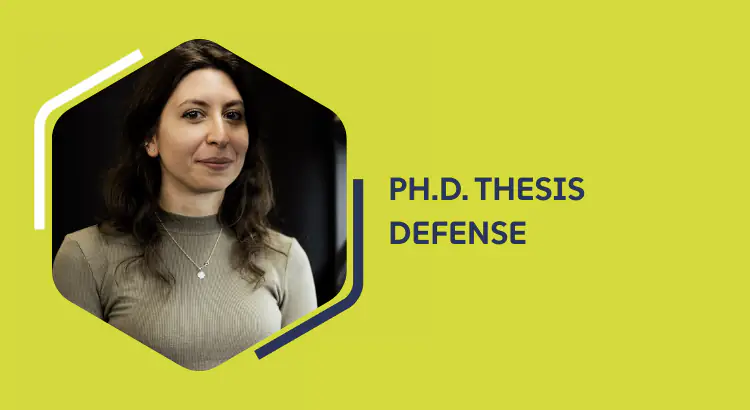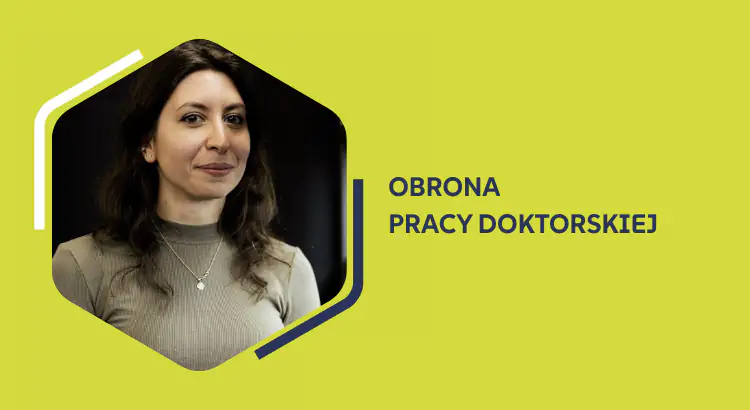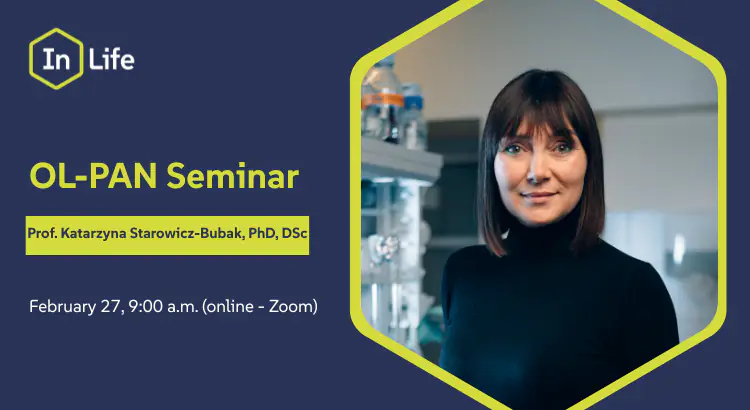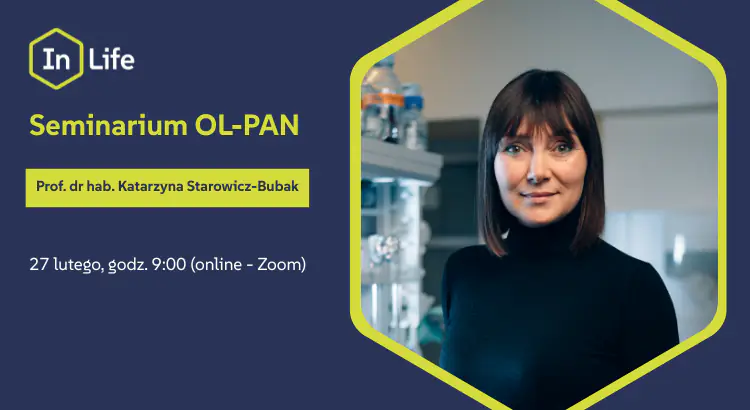InLife – the Institute of Animal Reproduction and Food Research of the Polish Academy of Sciences organised an international study visit as part of the FutureFoodS European Partnership. In this initiative, the Institute acts as a partner responsible for co-creating and developing the European network of Living Labs in food systems — covering the entire chain: from production and processing, through consumption and public health, to food waste reduction and the implementation of circular economy principles.
The event brought together partnership members and representatives of Living Labs and initiatives from Poland and other European countries. Its aim was to exchange experiences and present practical co-creation models, where academia, society, business, and public administration collaboratively design and test solutions for the transformation of food systems — following the quadruple helix (4H) model.
Visit to the Food Bank – A Model Social Living Lab
The first day of the visit took place at the Food Bank in Olsztyn, a partner of the Institute within the EIT Food network. Within FutureFoodS, the Food Bank has been designated a “lighthouse social living lab”, recognising it as one of Europe’s demonstrator laboratories for social innovation in food systems. This status is awarded to organisations that systematically combine operational activities with research and social components, test solutions in real-life settings, and engage collaboratively with food system stakeholders. Such centres act as demonstrators and reference points for other organisations developing the Living Lab model across Europe.
Participants learned about the Food Bank’s mission, operational model, societal impact, and solutions in food waste prevention, collaboration with local authorities and businesses, and building cross-sector partnerships.
Living Labs in Practice – Co-Creation through the Quadruple Helix
The expert sessions highlighted initiatives using the Living Lab methodology as a tool for designing and implementing changes in food systems.
The Warsaw Food Lab (Poland) is an urban innovation lab supporting local gastronomy and charitable organisations, developing solutions to reduce food waste and optimise its distribution to those in need, including during crisis situations.
Lab for Health IrsiCaixa (Barcelona) employs a participatory approach to transform the food and health environment. The project engages local communities, public administration, and the private sector in co-creating interventions that encourage healthier food choices.
Consumer Engagement Labs (CEL), run by InLife within EIT Food initiatives, systematically involve citizens in designing food sector innovations. Developed by the University of Warsaw, CEL combines consumer research tools and co-creation workshops to integrate consumer perspectives at early stages of product and service development.
Presentations focused on co-creation methodology as a tool to test solutions in real-life conditions and scale them across diverse social and regional contexts.
From Living Lab Creation to Market Impact
The study visit programme also included a workshop titled “Living Labs for Business Development – From Creation to Market Success”, focusing on the use of Living Lab methodology in product and service development — from concept to market implementation — with attention to market validation and stakeholder collaboration.
The day concluded with the culinary and networking session “One Table Experience – Cook, Learn, Share”. Participants prepared plant-based dishes using local products, fostering informal team collaboration and discussions on sustainable consumption models, short supply chains, and the role of local markets in food system transformation.
Science and Campus Living Labs
The second day of the visit was organised in collaboration with the University of Warmia and Mazury in Olsztyn, Faculty of Food Science, Department of Dairy Science. Participants attended a demonstration of the “From Milk to Market” model, showcasing the full dairy processing chain and product tasting. Experiences from Campus Living Labs at the Jagiellonian University were also presented, illustrating the role of universities as spaces for testing innovation in real educational and production environments.
For more information about the FutureFoodS European Partnership, click HERE.
